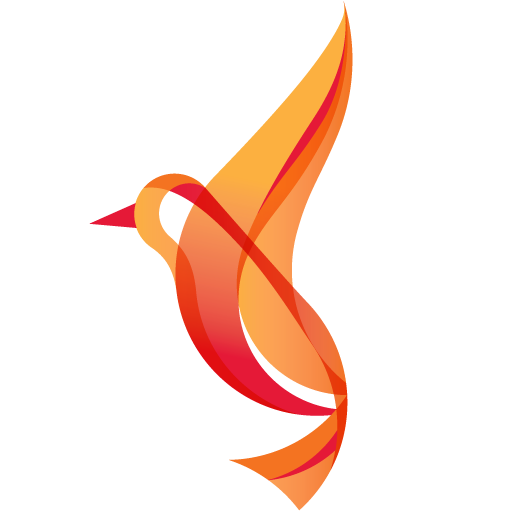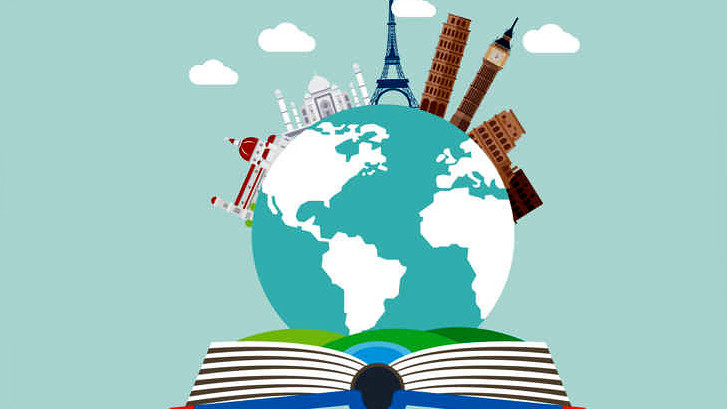Every living being in this planet who interacts with another being uses some form of communication. This method of interaction allows us to converse better with others. Some animals use gesture or sound to communicate, but humans have developed the most advance method of communication, language.
The human language is so complex that the origin of it has been disputed by many scholars around the world for a very long time. There have been various hypotheses and speculations where it has begun. However, due to lack of archaeological evidence and diversity of human language, the study of its origin has been deemed unfitting for a serious study.
Nonetheless, we will try to discuss the history of the common languages used today so that we may have better understanding of our method of communication. One of the common international language used today is English. So what is English and where did it originate? We will try to find out.
According to Wikipedia, “English is a West Germanic language that originated from Anglo-Frisian dialects brought to Britain in the 5th to 7th centuries AD by Germanic invaders and settlers from what is now northwest Germany, west Denmark and the Netherlands.” From there, the English language has spread and evolved. Starting with the Old English, it has turned into Middle English and then transformed into what we use today, the Modern English. We can safely say that the English language is here to stay for a very long time due to the vast number of speakers internationally.
However, English is not the only language that has flourished. On the eastern side of the globe, the Chinese language may not have spread the way English did, but it was vastly spoken by native speakers. And like any other language, Chinese has also undergone transformation. Though the development of the spoken Chinese has been complex, the spread of Mandarin was prevalent. And now, due to China’s modernisation, Chinese (Mandarin) is steadily sidling its way to the western territory.
We do not know what the future holds. But like how humans have evolved, language will definitely continue to transform and be a part of our daily lives.


